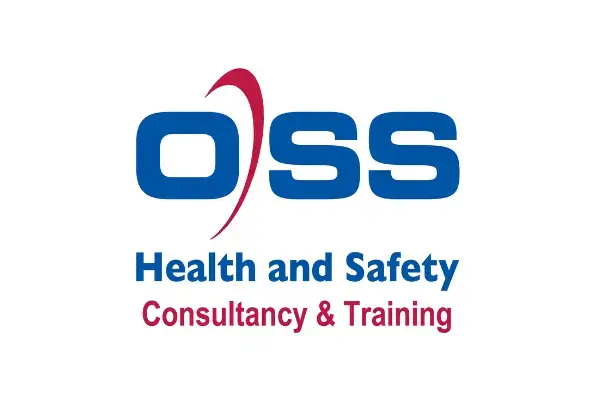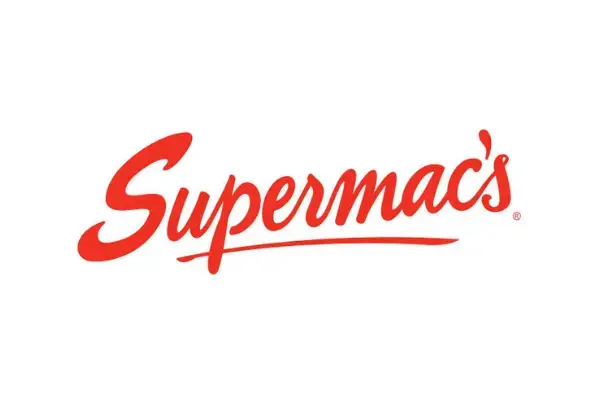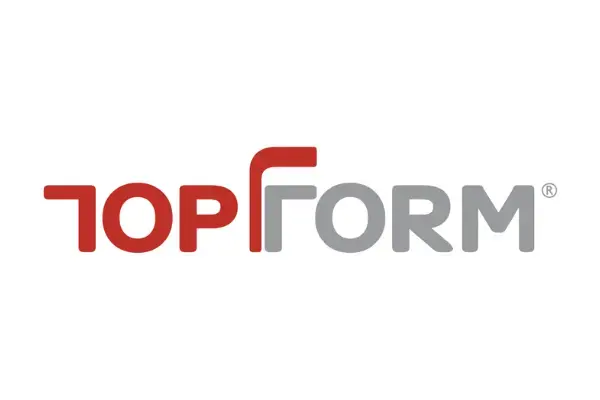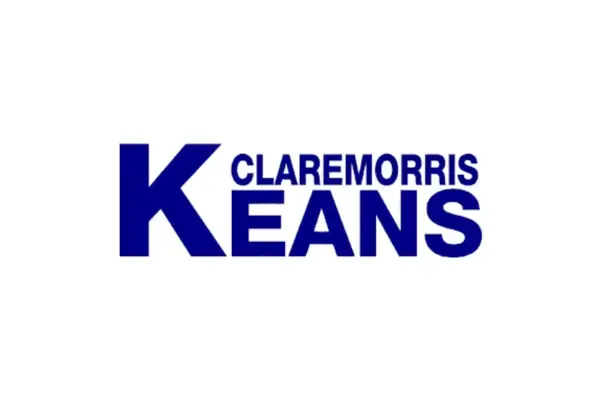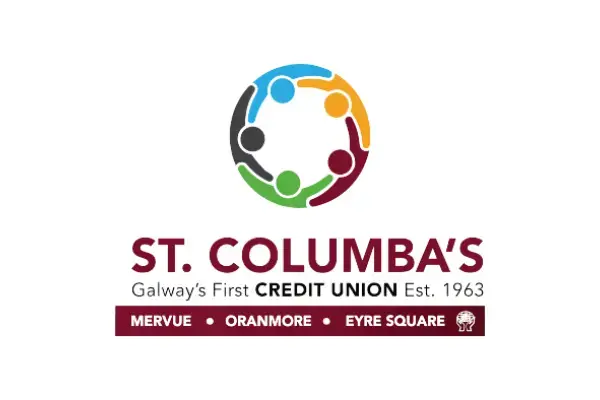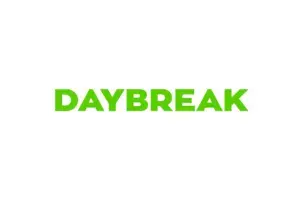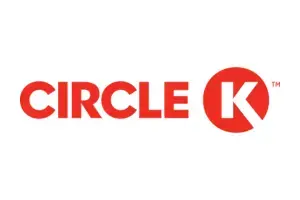Solar Panels Ireland: Sustainable Energy Solutions for Businesses & Homes
High-quality PV solar panels in Ireland, expertly installed to provide lasting energy efficiency and savings.
Reduce your energy costs by up to 70% with our high-performance PV solar panels.
Take advantage of an SEAI grant, making solar energy more affordable.
Choose the best solar panels in Ireland for performance and energy savings.
Our professional solar panel installation team in Ireland ensures a seamless process.
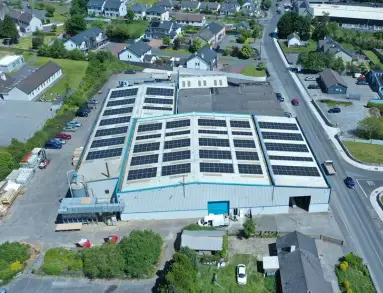
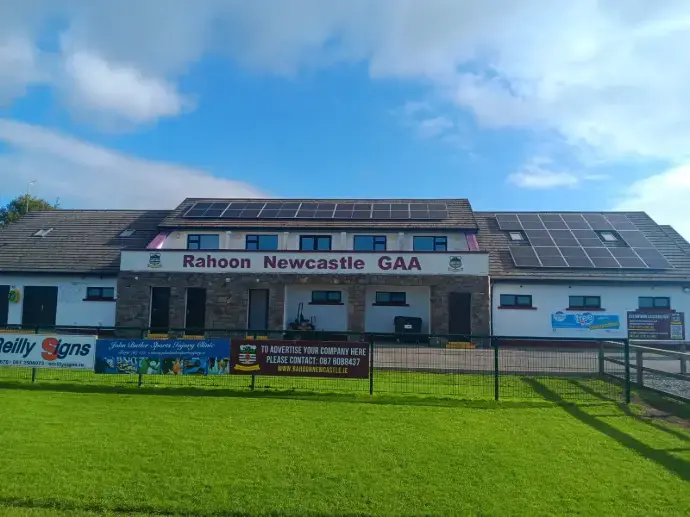
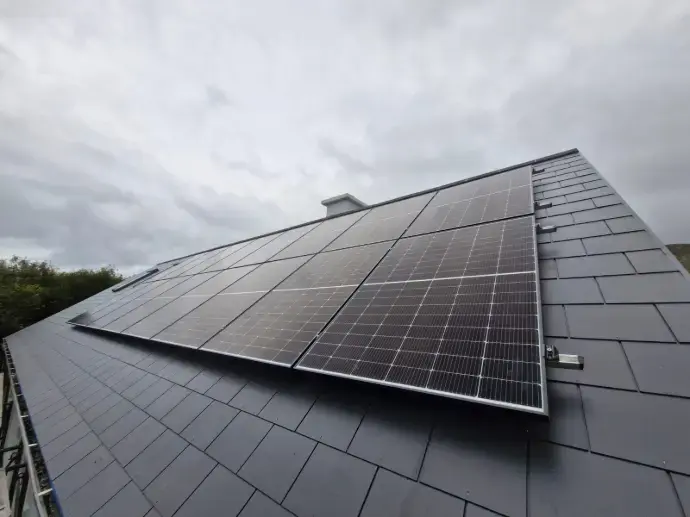
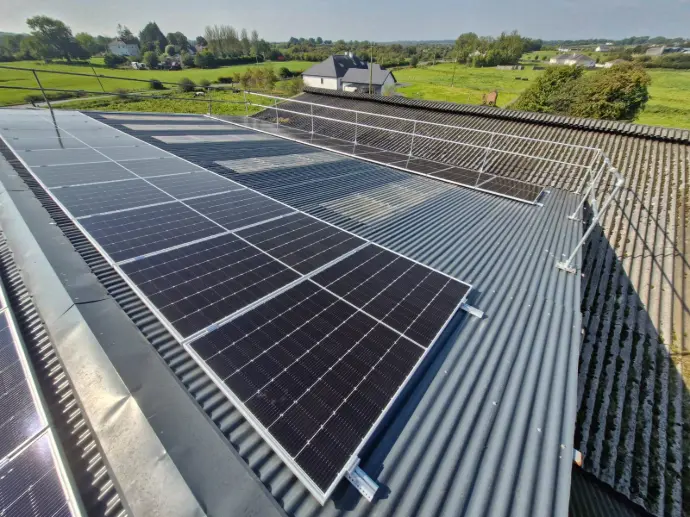
Rated 5 out of 5 stars by our customers
About us
At Solgrid, we are proud to be an Irish-owned solar energy company dedicated to delivering the best renewable energy solutions.
Whether you’re seeking commercial solar panels in Ireland for your business, domestic solar panels in Ireland for your home, or specialised agricultural solar systems, we are committed to helping you.
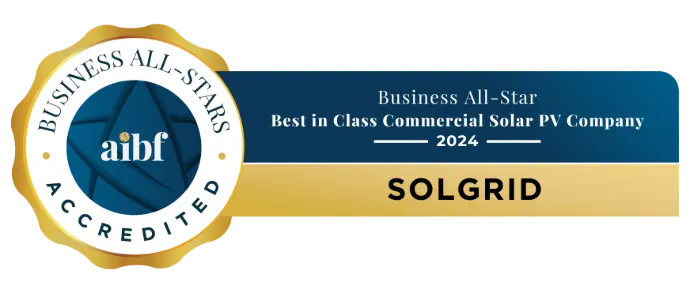
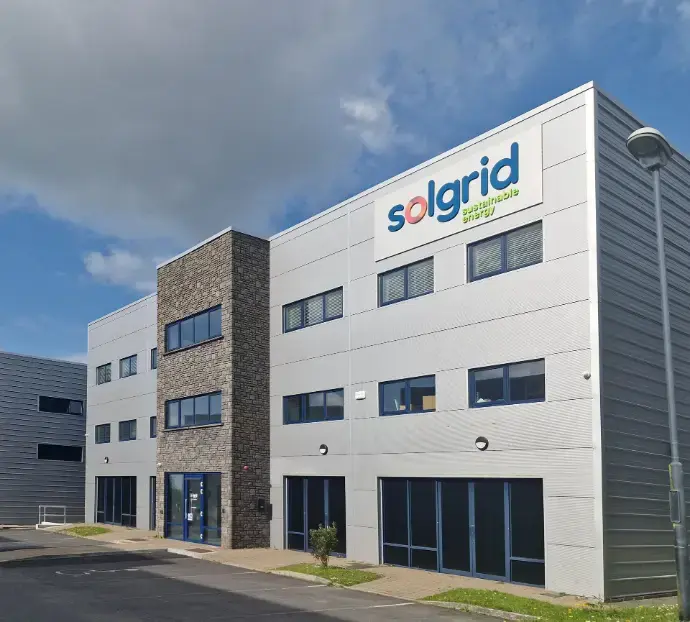
Companies we have worked with
Get a Free Consultation & Quote for Solar PV in Ireland
Looking to reduce your electricity bills and transition to renewable energy? We offer premium solar panels in Ireland, designed to meet both residential and commercial needs.
Discover how you can benefit from SEAI grants to make the switch more affordable.
Whether you need PV solar panels in Ireland for your home, commercial solar panels for your business, or agricultural solar systems, we have the perfect solution for you.
Let’s take the first step towards a more sustainable future together!
How it works
1
Request a call-back
We will call you so you can get advice from our trusted solar energy experts.
2
Free Site Survey
Our trusted experts will assess and design a custom solar PV system for your needs.
3
Grant Process
Our solar energy experts will guide you through the application process.
4
Installation
Our team manages everything from ESB applications to installation and commissioning.
